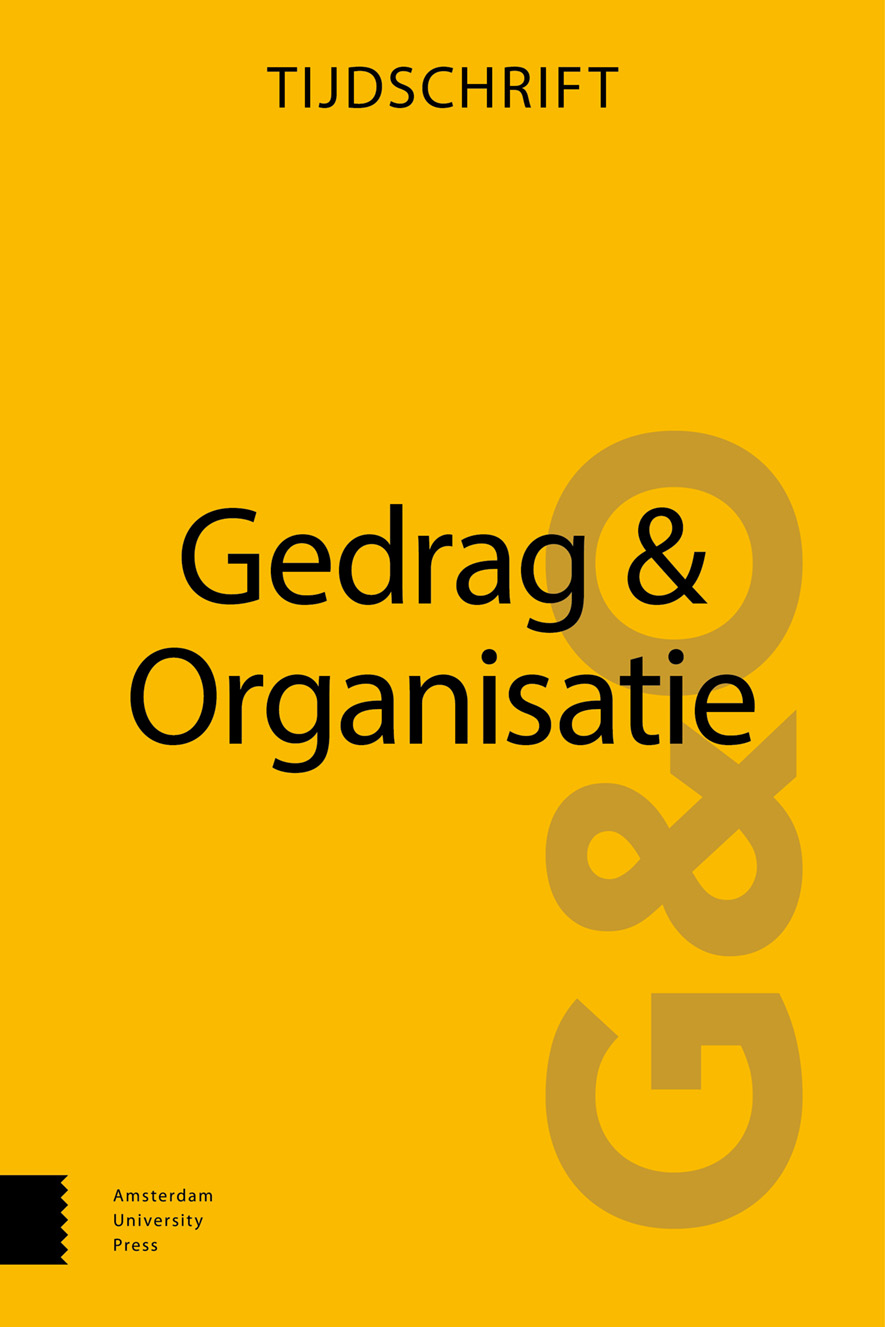-
oa Al werkend leren? De actief leren-hypothese van Karasek revisited
- Amsterdam University Press
- Source: Gedrag & Organisatie, Volume 23, Issue 1, Mar 2010,
- Previous Article
- Table of Contents
- Next Article
Abstract
Learning while working? Karasek's active learning hypothesis revisited
J. Van Ruysseveldt & J. Taverniers, Gedrag & Organisatie, volume 23, March 2010, nr. 1, pp. 0-00
Using Structural Equation Modeling (Amos 5), a research model in which the assumptions underlying Karasek's active learning hypothesis were specified, refined and supplemented, was tested on a heterogeneous sample of the Dutch working population (N = 1229). We assumed that (a) task complexity, autonomy and work pressure influence the development of new competencies, and (b) task-related and interactional learning possibilities mediate this relation. Three more or less competing structural models (no, partial and full mediation) were tested. As hypothesized, the full mediation model showed the best fit to the data: the relation between task complexity, autonomy and work pressure on the one hand and the development of new competencies on the other was fully mediated by task related and interactional learning possibilities. Task complexity played an important role in workplace learning processes, while high work pressure seemed to hinder competency development. In addition to ensuring the safety, health and well-being of employees, the (re)design of workplaces should also take into account the extent to which the work promotes workplace learning.


